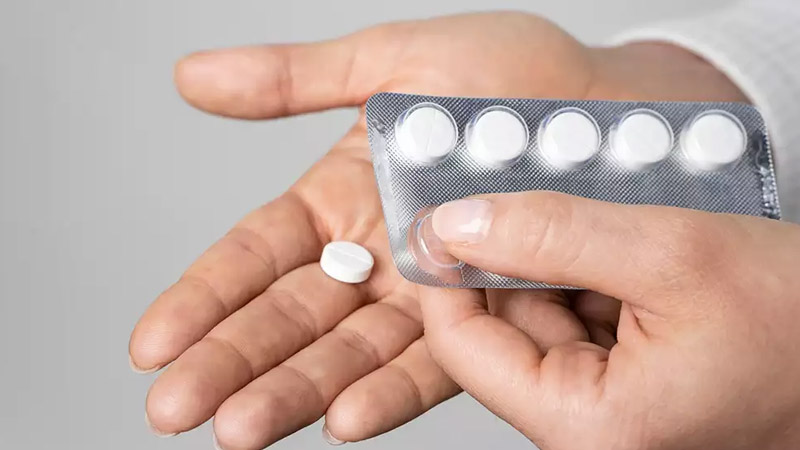An urgent health warning has been issued regarding acetaminophen—commonly known as paracetamol or by its brand name Tylenol—citing its potential to cause serious liver damage, even at slightly excessive doses. Dipa Kamdar, a senior lecturer in pharmacy practice at Kingston University, is raising alarms about the everyday misuse of this widely trusted over-the-counter medication.
Frequently used to relieve headaches, muscle pain, and fever, acetaminophen is considered safe within recommended limits. However, Kamdar stresses that even “a few pills over the recommended amount” can have “extremely dangerous” consequences for liver health.
Related: Turmeric Supplement Nearly Cost Man His Life After Causing Liver Injury
In a recent article published in The Conversation, Kamdar emphasized that while alcohol is a well-known threat to liver function, several lesser-known lifestyle factors—such as high sugar or fat diets, smoking, lack of exercise, and overusing painkillers like paracetamol—also contribute to serious liver conditions like cirrhosis and liver failure.
“Despite its remarkable resilience – and even its ability to regenerate – the liver is not indestructible,” Kamdar wrote. She warned that liver disease often begins silently, with early symptoms such as fatigue or nausea. As damage progresses, more alarming signs may appear, such as jaundice, where the skin and whites of the eyes turn yellow.
Liver disease is currently one of the fastest-growing health threats, claiming more than 11,000 lives each year—over 31 deaths every day, according to the British Liver Trust. Unlike other major diseases, mortality from liver disease has quadrupled in the last half-century, according to the Daily Mail.

One of the dangers of paracetamol lies in its metabolism. When processed by the liver, it produces a toxic compound called NAPQI. Under normal conditions, this is neutralized by the antioxidant glutathione. However, an overdose depletes glutathione stores, allowing NAPQI to accumulate and attack liver cells.
“In an overdose, glutathione stores become depleted, allowing NAPQI to accumulate and attack liver cells,” Kamdar explained, noting the potentially fatal outcome: acute liver failure.
Even more concerning, studies suggest that combining paracetamol with alcohol or taking slightly more than the recommended dose over time may also raise the risk of liver damage.
More: Experts Warn Liver Lovers to Cut Back as Popular Food Could Weaken Your Bones
Andrew Moore, honorary senior research fellow at the University of Oxford, echoed these concerns in The Conversation. “Paracetamol is known to cause liver failure in overdose, but it also causes liver failure in people taking standard doses for pain relief. The risk is only about one in a million, but it is a risk,” Moore cautioned.
Experts urge consumers to strictly follow dosage guidelines and consult healthcare providers if ongoing pain requires frequent medication. What may seem like a harmless habit could carry deadly consequences if ignored.

